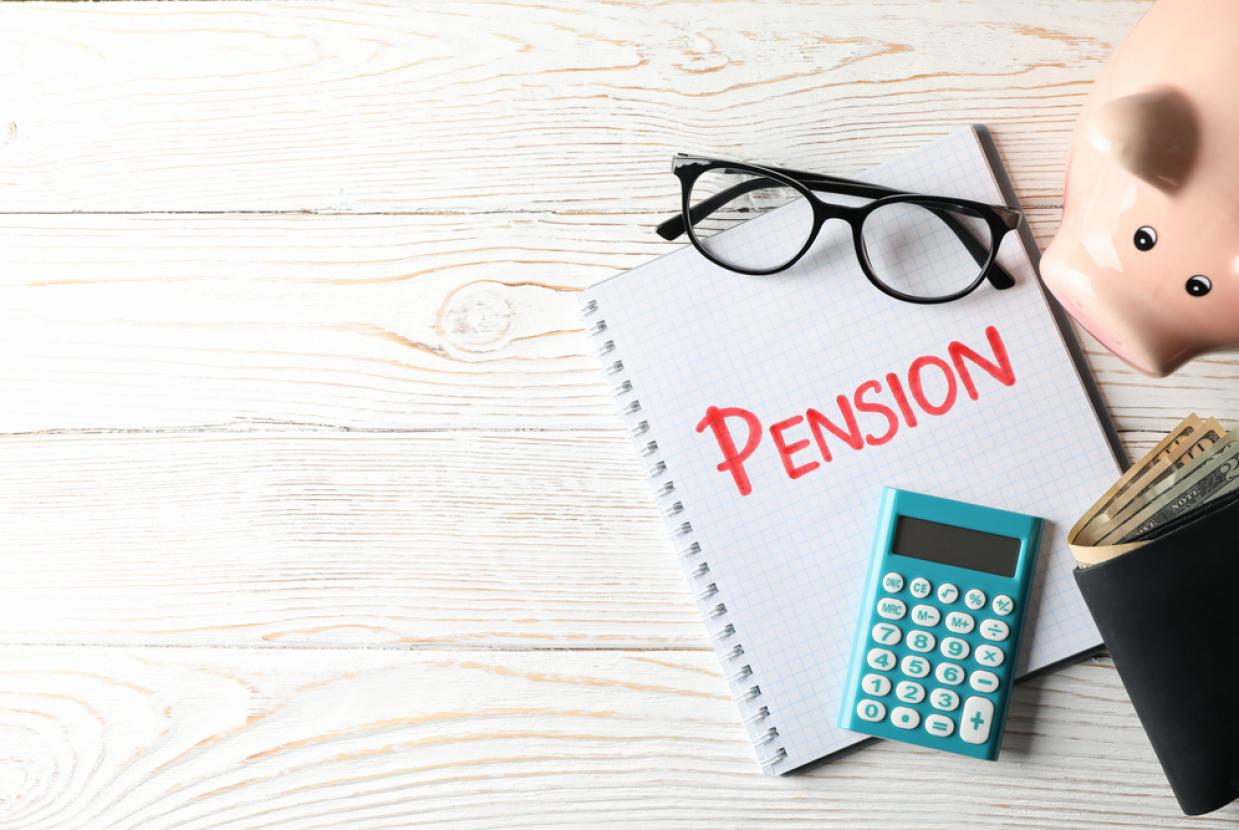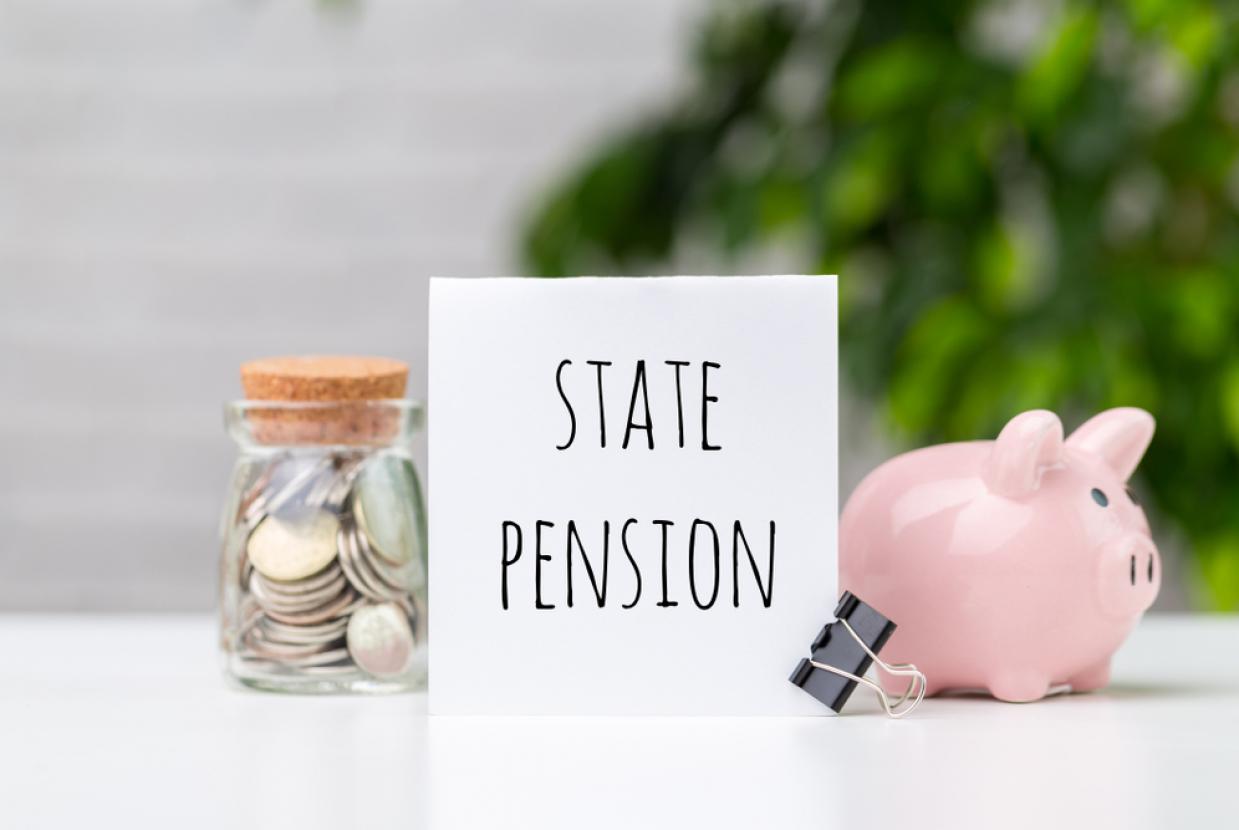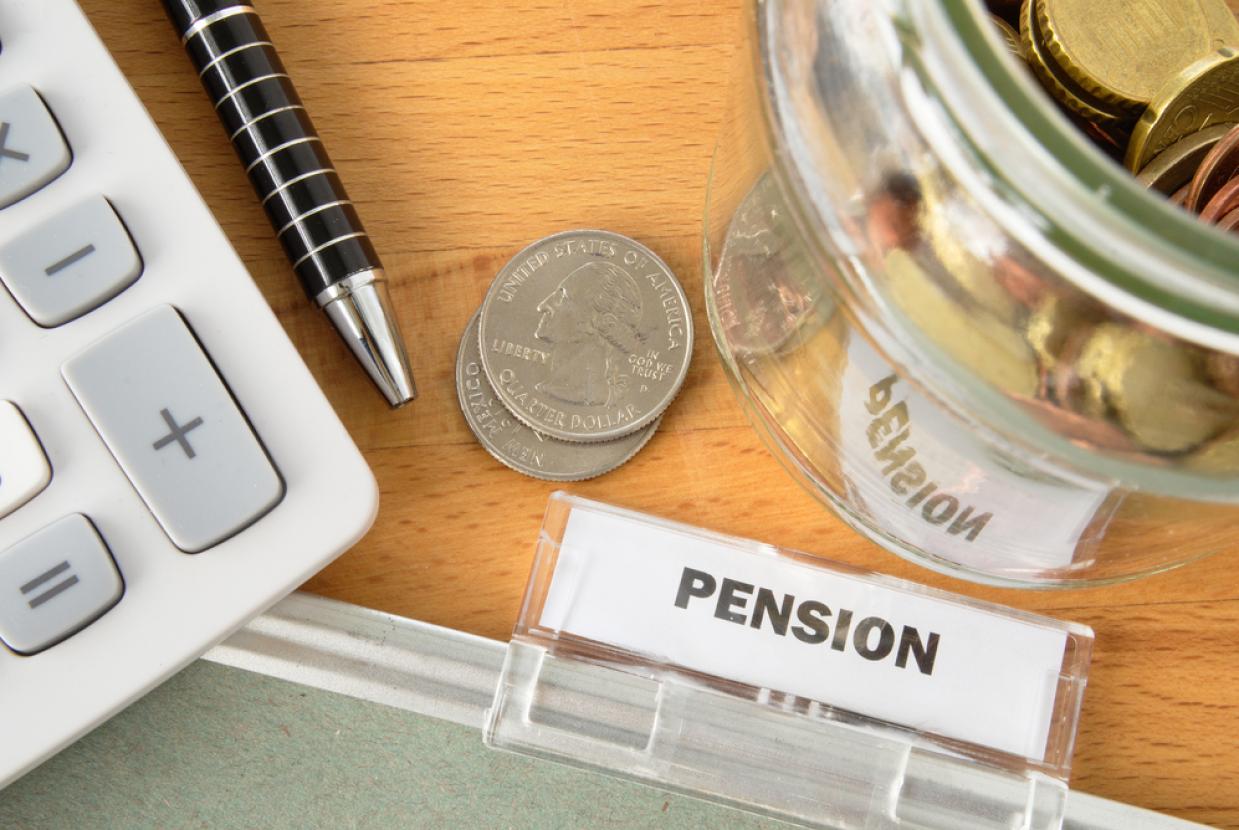Are You Considering Early Retirement?
Pensions and RetirementEarly retirement might sound like a good idea if you’re made redundant or want to make a change. But it’s important to weigh up the pros and cons. Take the time to think carefully about how you’ll manage financially, and how it might affect your lifestyle.
Early retirement – the pros and cons
You might have lots of good reasons for taking early retirement. It can be an attractive option if you don’t like your job, if you fancy a change in lifestyle, or you think it will be better for your health. But whatever the reasons, it’s important to also consider the downsides – and there are a few big ones. These include:
- Smaller pension. You’re likely to receive a smaller pension than if you worked until normal retirement age. This is unless your employer is offering a substantially enhanced package.
- No State Pension right away. The earliest you can usually start taking a workplace pension is 55. But you won’t get a State Pension until you’re your state pension age.
Other early retirement benefits you should be aware of
Many employers will try and make your early retirement package more attractive by building in some incentives. The incentive they offer you will depend on what type of workplace pension you’re in.
There are two types – defined contribution and defined benefit. Incentives your employer might offer could include, for example:
- a lump-sum payment into your defined contribution pension to boost the value of your fund
- pension benefits that are worked out as if you had worked to normal retirement age (if you’re in a defined benefit scheme).
Either incentive will give you a better pension than you might otherwise be entitled to. You can ask your employer what type of pension you have, and what sort of incentives are on offer.
Deciding about early retirement – consider all the facts
When considering retiring early, it’s easy to be swayed by thoughts of winter sun, days spent in the garden or more time with your family. What’s needed, however, is a cool head and a disciplined approach. A checklist is a good idea.
Work out how much income you’ll have
Your total income is likely to be a lot more complicated than it was when you simply received your salary at the end of each month. You might receive income from more than one pension, as well as from savings and from benefits or from a part-time job.
The first step is to add it all up.
- Ask your employer for an illustration of the pension you’ll get if you take early retirement.
- Get a forecast from any other pensions you have if you intend to start those early too. For example, a personal pension or one from a previous employer.
- If you decide to buy an annuity or will be receiving payouts from a defined benefit pension, check whether they have built-in increases each year. You might want to put off claiming some pensions for now, or even save extra if they don’t.
Calculate your financial commitments and regular expenditure
How you spend your money will change if you’re not going to work every day. For example, while travelling costs might come down, household bills might go up. You’ll also have to think about the loss of any workplace benefits, such as a subsidised canteen, company car or health insurance.
Then there’s the cost of the lifestyle you want in retirement. Find out how much you might need in later life and how much you’re going to have with our Pensions Calculator.
Find out when you can collect your State Pension
The state retirement age is increasing. As of 2021, the State Pension age for both men and women is 66, rising to 67 by 2028, and 68 after that. The age that you’ll be able to collect your State Pension will depend on when you were born.
Your pension options
If you take early retirement, you’ll need to decide what to do with your pension fund. If you have a defined contribution pension, you’ll be able to take as much money as you want out of it. One quarter of what you take out will be tax free. The rest will be taxable.
Phased retirement
Many people like to retire gradually, without giving up work altogether. Your workplace scheme might allow you to draw just part of your pension for now, increasing the amount later on.
If not, you might want to consider transferring to a personal pension that you choose. But be wary of transferring if it would mean giving up a particularly valuable pension or guarantees. Another option could be to take your employer’s early retirement deal and then look for another job – perhaps part time.
Get advice
Pension planning can be complicated. If you’re in any doubt about what to do, it’s important to talk to an independent financial adviser before making any major decisions.
Click here to view our Pensions & Retirement content.











































